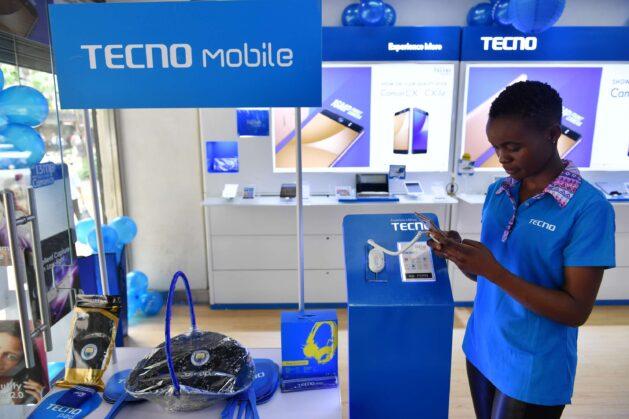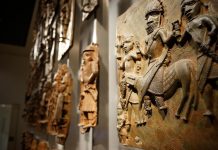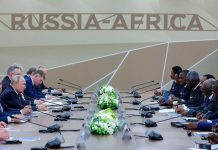Africa-Press – Mauritius. The US House of Representatives Foreign Affairs subcommittee on Africa recently discussed African elections and, not surprisingly, the conversation became about China.
The lawmakers latched on to a narrative that the Chinese Communist Party is actively trying to use Chinese technology provision to foster authoritarianism on the continent.
There are indeed worries about the way some African governments are using the internet to crack down on opposition, and the prominence of companies like Huawei as technology providers draws China into the discussion.
But this week’s hearings revealed a narrative largely woven together of half-truths and overstatements. The result is an account that’s very convenient for lawmakers looking for reasons to voice concern about China, at a moment when bipartisan China panic in Washington particularly rewards voicing such concerns.
The problem is that this was a hearing about African democracy, and as such, it was so stripped of nuance that it became a piece of fan fiction in the wider US-China Cold War Cinematic Universe.
A few points In the first place, despite strenuous assertions at the hearing, China does not have a technology monopoly in Africa. Western companies like Orange, Nokia and Ericsson (as well as non-Western competitors like Samsung) have longer track records in Africa than most Chinese companies.
The natural question of why, despite these companies’ decades-long tenure, they invested so little into building African networks and customer relations that it created a massive vacuum for Chinese companies, and what that reveals about Western perceptions about Africa, remained unasked.
Instead, the lawmakers indulged in a fantasy of Chinese companies turning African countries authoritarian through internet provision. Secondly, many African governments don’t need any help to be authoritarian – they’re succeeding very well on their own, thank you.
This is the somewhat less polite version of the common complaint among China-Africa scholars that Western accounts of the relationship erases African agency.
To be clear, many African politicians are terrible leaders, and authoritarianism in some African countries preceded China’s presence and will likely survive it.
The Johannesburg-based scholar of Chinese internet provision, Iginio Gagliardone, has shown in detail that Chinese contractors tend to respond to African government agendas.
If African governments want an open internet with user protections, Chinese contractors are happy to provide. When they want an interventionist, surveillance-heavy internet, they’re just as happy to provide that too.
It’s not one or the other, it’s both at once. That means it comes down to African decision-making. The hearing refused to talk about why African leaders opt for authoritarianism, in favour of a much simpler, (and more condescending,) fantasy of China imposing its systems on African blank slates.
The third point is that the hearings enabled a fantasy that only Chinese companies are aiding African tyrants. Gagliardone and Human Rights Watch have both shown that Western companies are at least as complicit in aiding African governments’ surveillance and censorship.
Bottom line The hearings made me doubly worried. In the first place, the lawmakers seemed to care much more about China’s presence in Africa than about African democracy itself. The fact that the nuance of African governance couldn’t even get a voice in at a hearing about African governance, is dispiriting.
But I’m also worried about the fact that even when they focused on Chinese influence, they got so many of their facts wrong that it raises questions about whether they actually want the complex truth, or whether they’re more comfortable living in a Cold War Evil Empire fantasyland.
The latter would be bad news for democratic African governments, which are all frantically trying to develop fast enough to keep that democracy going.
For More News And Analysis About Mauritius Follow Africa-Press







